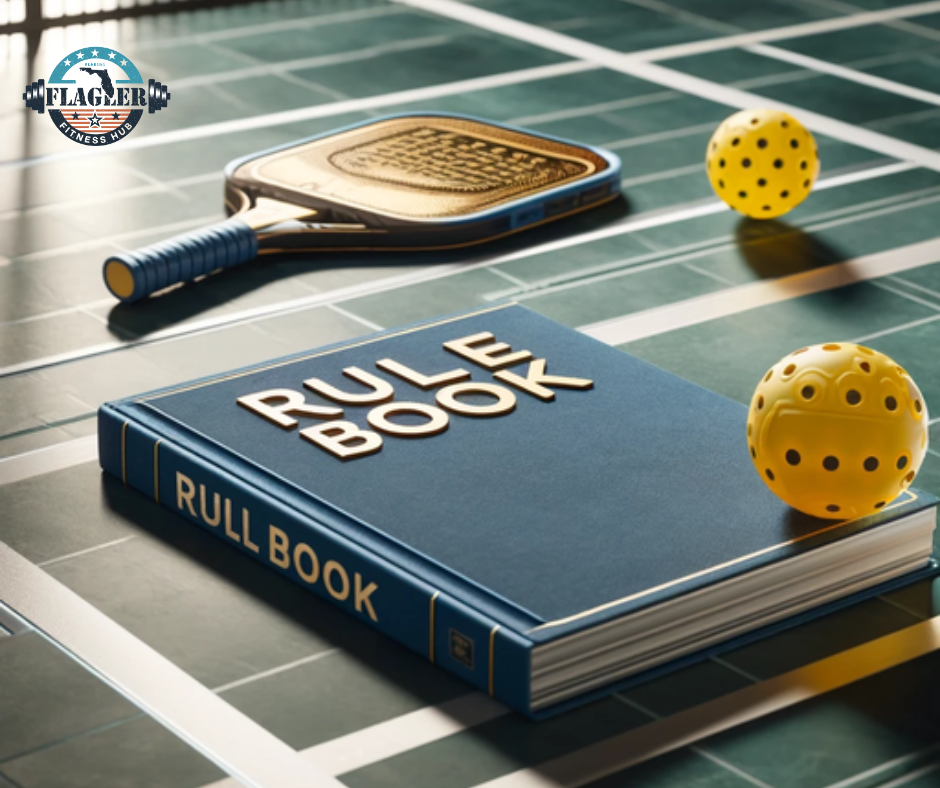Pickleball Drama in Flagler County: Is the Game Losing Its Fun?
Pickleball—a sport designed to bring people together and create an enjoyable way to stay active—is facing an unexpected challenge at various courts in Flagler County. For many players, the fun is being overshadowed by increasing disputes on the courts, leaving some wondering if it's worth showing up at all.
What’s causing the tension? From rule controversies to issues around fair play, let’s dive into the drama and discuss ways to get back to the essence of the game: community, respect, and fun.
Rule Disputes: Tossing the Fun Away?
One major source of friction has been disagreements over serving techniques. Should amateur players be allowed to toss the ball into the air before serving, or should they adhere strictly to professional rules?
While some argue that allowing the toss serves makes the game more accessible for newcomers, others feel it undermines the spirit of the game’s traditional rules. This debate has sparked heated discussions, leaving players divided—and sometimes even walking away in frustration.
The Question: Should local courts adopt flexible rules to encourage inclusivity, or stick to the book for consistency? It’s a tricky balance, but one that deserves thoughtful consideration.
Challenge Courts: Fair Play or Exclusive Club?
Another hot topic is the creation of ad-hoc Challenge Courts—reserved spaces where winners stay on the court, and challengers take turns playing against them.
The problem? These courts often favor the same group of players, leaving others waiting for long stretches with minimal playtime. While Challenge Courts can be fun for highly competitive players, they can also exclude newcomers or recreational players who simply want to enjoy a friendly game.
Many feel this dynamic undermines the community aspect of pickleball, where everyone should have equal access to the courts, regardless of skill level or competitive drive.
Finding Solutions: Bringing Back the Fun
The drama on the courts highlights a broader challenge in recreational sports: balancing competition with inclusivity. Here are a few steps the community could take to address the tension:
Clarify and Communicate Rules: Establish a clear set of guidelines for serving and other aspects of play, ensuring all players are on the same page.
Rotate Courts Fairly: Limit the time Challenge Courts can be active or designate specific hours to ensure equal play opportunities for all.
Encourage Respectful Dialogue: Host community meetings or events to gather feedback and foster a sense of collaboration among players.
By working together, players can create a welcoming environment where everyone—newbies and pros alike—can enjoy the game.
Getting Back in the Game
Pickleball is more than just a sport; it’s a way to build connections and improve your health. Let’s not lose sight of why we all started playing in the first place. Whether you’re a seasoned player or just starting out, remember: the real win is in the joy of the game.
What are your thoughts on the pickleball disputes? How do you think the community can strike a balance between fun and fair play? Share your ideas with us in the comments, or head over to Flagler Fitness Hub for more updates and resources.




